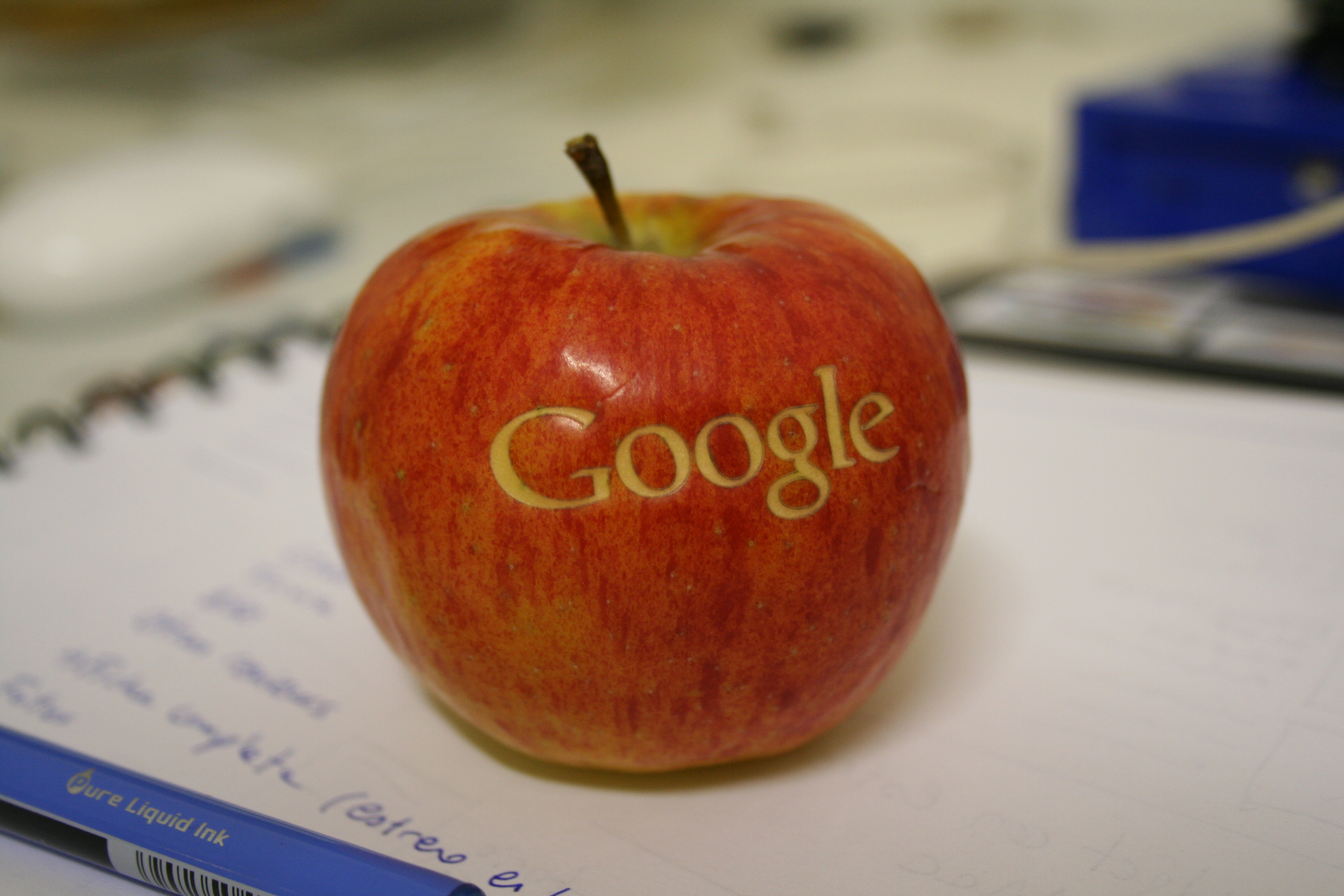Bias in the media is inevitable, and any news gatherer who denies this fact is a liar. Companies seek favor or to influence in countless ways. It’s the nature of the beast, which cannot be tamed. So I wonder how Chromebook Pixel embargoes impacted reporting about Apple’s newest laptop. If they did, as I’m convinced, Google pulled off one hell of a marketing coup.
The search and information giant provided many tech blogs and news sites with the new Pixel about a week before the laptop launched yesterday and the first reviews posted—that was also days before Apple’s well-publicized media event where a new MacBook was rumored. Both computers share something in common: USB Type-C, which is bleeding-edge tech. The connector received much media attention on Monday and Tuesday two ways: Buzz about it being the next great thing, and MacBook having but one port (Pixel has two, and others).
